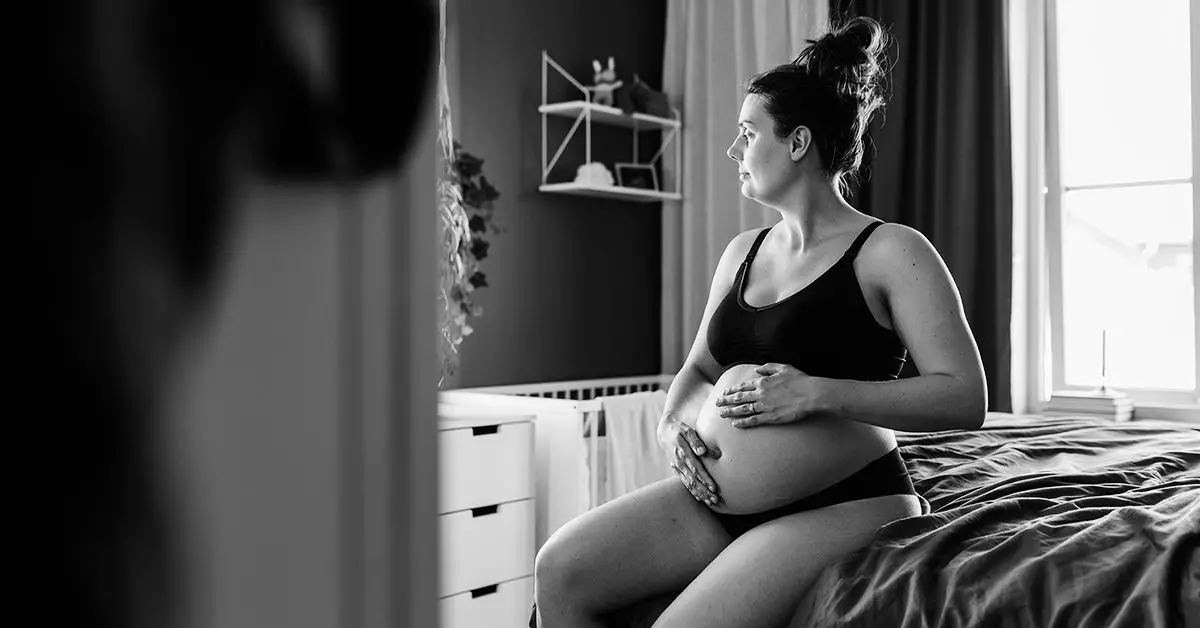Conjunctivitis, commonly known as pink eye, is a condition that can cause discomfort and irritation in the eyes. While pregnancy can make individuals more susceptible to infections, conjunctivitis is generally not harmful during this time. It is crucial to understand the symptoms, causes, treatments, and prevention methods for conjunctivitis during pregnancy to ensure the well-being of both the pregnant person and the fetus.
Causes of Conjunctivitis
Conjunctivitis can be caused by a variety of factors, including viruses, bacteria, and allergies. Viral conjunctivitis is the most common type and is usually caused by adenoviruses. Bacterial conjunctivitis, on the other hand, can be the result of exposure to certain bacteria such as Staphylococcus aureus or Haemophilus influenza. Allergic conjunctivitis is triggered by an immune response to allergens like pollen or dust mites. While allergic conjunctivitis is not contagious, viral and bacterial conjunctivitis can be easily spread from person to person.
Risk Factors During Pregnancy
Pregnant individuals are more prone to developing infections, including conjunctivitis, due to changes in their immune response that protect the fetus. The production and composition of tear film may also be altered during pregnancy, increasing the risk of developing conjunctivitis. It is essential for pregnant individuals to take precautions to prevent eye infections and seek prompt treatment if symptoms arise.
When it comes to treating conjunctivitis during pregnancy, nonpharmacological methods are usually recommended to minimize potential risks to the fetus. Simple practices like washing the eyelids with clean water, using a cool compress over the eyes, and avoiding eye makeup can help manage the symptoms of conjunctivitis. In cases where nonpharmacological treatment is not effective, medication may be required. Doctors will carefully consider the safety of any prescribed medications to ensure the well-being of both the pregnant person and the fetus.
Preventing conjunctivitis during pregnancy involves maintaining good hygiene practices, such as washing hands frequently and avoiding touching the eyes. It is important to refrain from sharing personal items like washcloths or eye drops to prevent the spread of infection. Pregnant individuals with allergic conjunctivitis should try to avoid allergens to reduce the risk of symptoms. Maintaining a clean and well-ventilated environment can also help minimize eye irritation.
In some cases, conjunctivitis may not improve with home remedies, and medical intervention may be necessary. Pregnant individuals should consult a doctor if their symptoms persist for more than 7 days or if they wear contact lenses and notice additional symptoms like spots on their eyelids. It is vital to seek urgent medical care if experiencing severe symptoms that could indicate a more serious eye problem.
Overall, conjunctivitis during pregnancy is considered a minor ailment that can be effectively managed with proper care and treatment. By understanding the causes, symptoms, and treatment options for conjunctivitis, pregnant individuals can take proactive steps to safeguard their eye health and ensure a safe pregnancy. Seeking medical advice and following recommended preventive measures can help maintain optimal eye health during this critical time.

